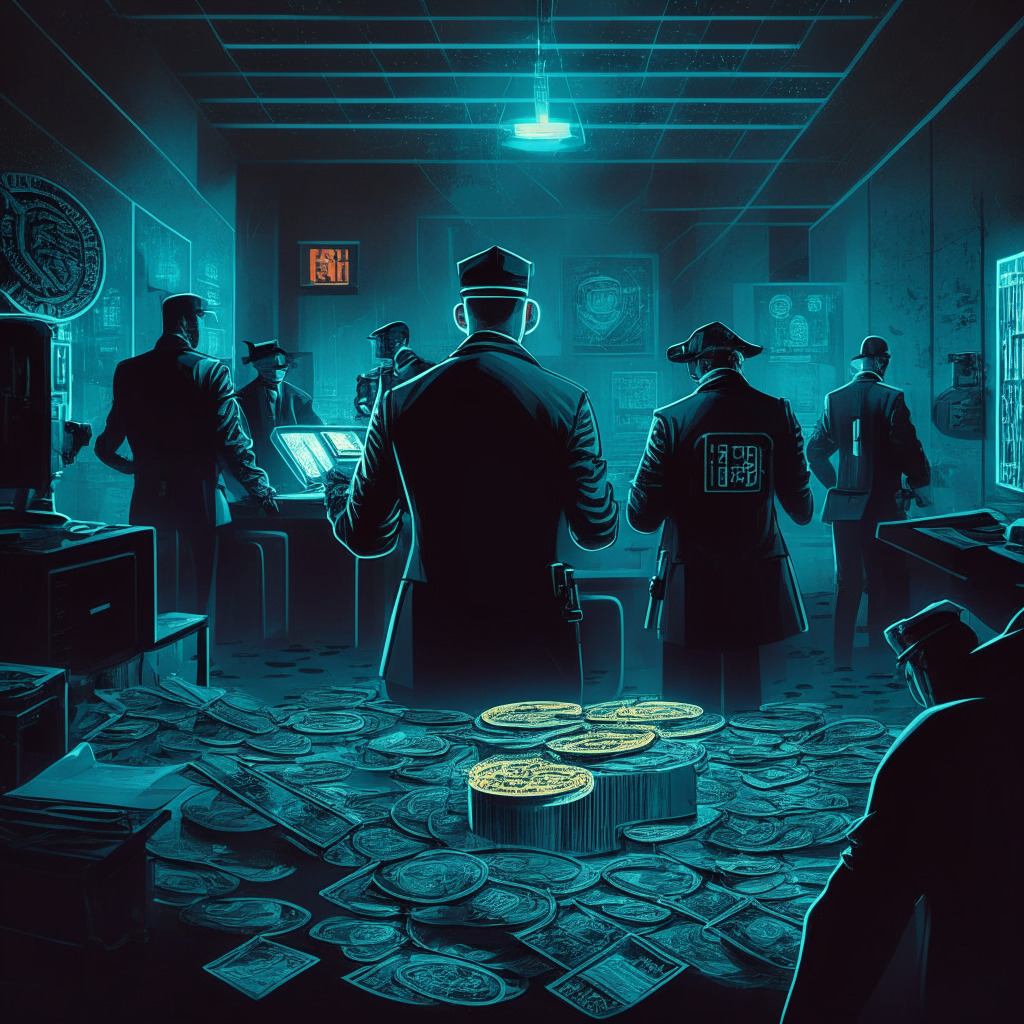The Solana Foundation has expressed its disagreement with the United States Security and Exchange Commission’s (SEC) classification of its SOL token as an unregistered security. This occurred after the SEC filed lawsuits against crypto exchanges Binance.US and Coinbase, accusing them of trading Crypto Asset Securities, including SOL. In an official statement, the Solana Foundation emphasized its belief that SOL is not a security.
According to the foundation, SOL is the native token of the Solana blockchain, a robust and community-driven open-source software project that relies on decentralized user and developer engagement for expansion and evolution. While regulatory challenges might pose concerns for some, the Solana community appears unfazed by the SEC’s recent actions. A developer attending Solana’s New York City Hacker House on Thursday stated that SOL being labeled as a security has no real impact on anyone building on top of the Solana platform.
In the lawsuits against Binance.US and Coinbase, the SEC also identified tokens issued by foundations and companies such as Cardano (ADA), Polygon (MATIC), Sandbox (SAND), Filecoin (FIL), Axie Infinity (AXS), Chiliz (CHZ), Flow (FLOW), Internet Computer (ICP), Near (NEAR), Voyager (VGX), Dash (DASH), and Nexo (NEXO) as securities.
While it’s clear that the Solana community is not too concerned about the recent regulatory scrutiny, it’s important to consider the potential consequences of such classifications on other projects within the crypto space. For instance, the designation of tokens as securities can significantly limit the participation of ordinary investors and make some platforms less accessible to the broader public.
On the other hand, having a regulatory framework in place can help usher crypto into mainstream acceptance and bring more certainty to the sector. It would establish higher standards for security, transparency, and accountability within the industry, potentially making it a safer environment for investors. In essence, the ongoing debate around token classification is a crucial factor in shaping the future of cryptocurrency and blockchain technology.
In conclusion, the Solana Foundation’s stance on the SEC’s classification of the SOL token highlights the ongoing struggle between the world of cryptocurrencies and the push for regulatory clarity. While an officially recognized token classification system might bring legitimacy to the emerging industry, determining the extent and nature of regulation that works best for all stakeholders is a complex issue requiring careful deliberation. Ultimately, the outcome of this process has the potential to define the future trajectory of cryptocurrencies and blockchain-based projects.
Source: Coindesk




